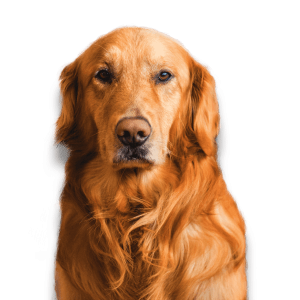
Does every dog have a problem with fireworks?
While firework phobias and noise-related anxieties are very common, not all dogs will react negatively to fireworks and some will ignore them completely. Those that have been exposed to them from a young age are less likely to react. Certain breeds seem more likely to get stressed than others but any individual can become fearful at any stage of their life.How will I know if my dog has a problem?
For most owners, they need no clarification as their dog makes it very evident that they are afraid of fireworks; running around and howling at every bang. For others though, their pet may show more subtle signs. Some dogs will be quiet and hide away, others will tremble and pant. For some, they want to be close to their owner and will follow them around like a shadow.Is there any way to prevent this issue from developing?
Absolutely! In fact, for all pups and young dogs it is recommended to try to get them used to the sounds of fireworks (and other things such as gun shots if you live near an area where shooting is carried out), so they can understand that they are a normal part of life. This is known as 'desensitisation'.
There are also various videos online that can be used for this purpose. This process can be carried out at any age and, as well as preventing phobias from developing, can be used to treat a phobia that has already developed. Animals should be praised and given treats when they react calmly to the noises playing at a low volume. Gradually build up the volume over several weeks, taking a step back at the first sign of anxiety. Ideally, after several weeks the dog will tolerate loud bangs and will associate them with something good happening.
If dogs are very hypersensitive, or abnormally fearful, however, it is usually best to contact your vet for a referral to a qualified canine behaviourist. The desensitisation programme can then be carried out under their direction, in case any unusual problems emerge.
What can I do for my dog now though?
As desensitisation can take a long time to become effective and is not always completely successful, it is important we have methods of managing dogs during firework season.
Safety is key, so all dogs should be kept inside in a secure environment they cannot escape from. Walk dogs during daylight so they are not outside when the bangs start. If possible, keep them in a room where the fireworks are not as loud and they cannot see them through windows. Have the television or radio on low in the background and construct a little 'den' with padded bedding and blankets your dog can hide under if they wish. Try your best to distract your furry friend with interactive toys, chews and food puzzles. Be sure to act as calmly as possible as dogs can pick up on our stress.